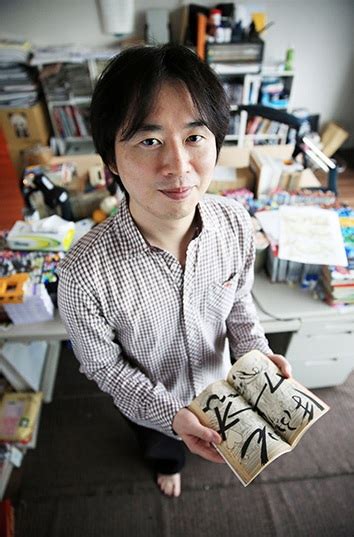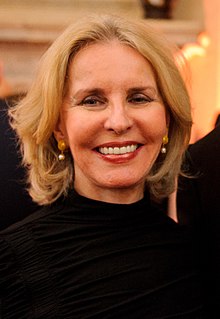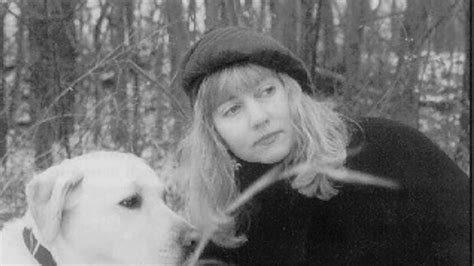A Quote by Karen Armstrong
I am continually trying to find meaning in the world. If we cannot find some ultimate significance or value in our lives, we fall very easily into despair.
Related Quotes
Myth was regarded as primary; it was concerned with what was thought to be timeless and constant in our existence. Myth looked back to the origins of life, to the foundations of culture, and to the deepest levels of the human mind. Myth was not concerned with practical matters, but with meaning. Unless we find some significance in our lives, we mortal men and women fall very easily into despair. The mythos of a society provided people with a context that made sense of their day-to-day lives; it directed their attention to the eternal and the universal.
But human beings fall easily into despair, and from the very beginning we invented stories that enabled us to place our lives in a larger setting, that revealed an underlying pattern, and gave us a sense that, against all the depressing and chaotic evidence to the contrary, life had meaning and value.
It is fine to imitate a being you respect, but you cannot become that very being. Imitation is something one does to grow and develop. It is not something you use to deceive yourself. You absorb in yourself the things you think have some kind of value, but even if you try to find the meaning about your true self you will not find anything. Because those who cannot accept their real self always fail.
The story of the Fall always fascinates me as a play ground, but I cannot find any profound meaning in it, because of my 'liberal' view of human nature: I cannot believe in a state of original innocence, still less in a profound meaning in it, and I am always minimising the conception and the extent of Sin and the sinfulness of sex.
The significance of our lives and our fragile planet is then determined only by our own wisdom and courage. We are the custodians of life's meaning. We long for a Parent to care for us, to forgive us our errors, to save us from our childish mistakes. But knowledge is preferable to ignorance. Better by far to embrace the hard truth than a reassuring fable. If we crave some cosmic purpose, then let us find ourselves a worthy goal.
Mead's anthropology had many other red, white and blue- blooded virtues. One was the common anthropological conceit, out of which she made a career, to the effect that the ultimate value of studying other cultures was the use we could make of them to reconstruct our own - a heady kind of intellectual imperialism, as if the final meaning of others' lives was their significance for us.
Some spiritual traditions view the moment of birth as a passage from a state of wholeness and knowledge to a state of forgetting. In this view of the world, we spend the rest of our lives searching for wholeness and knowledge, wellness and health-the balance and harmony we lost when we were born. If our wholeness is interrupted, then our health suffers, and we need to find a way to restore our sense of meaning. When we move in the direction of that meaning, we're healing.
They say that to be a writer you must first have an unhappy childhood. I don't know if unhappiness is necessary, but I think maybe some children who have suffered a loss too great for words grow up into writers who are always trying to find those words, trying to find a meaning for the way they have lived
A myth is a way of making sense in a senseless world. Myths are narrative patterns that give significance to our existence. Whether the meaning of existence is only what we put into life by our own individual fortitude, as Sartre would hold, or whether there is a meaning we need to discover, as Kierkegaard would state, the result is the same: myths are our way of finding this meaning and significance.
Human life has no meaning independent of itself. There is no cosmic force or deity to give it meaning or significance. There is no ultimate destiny for man. Such a belief is an illusion of humankind's infancy. The meaning of life is what we choose to give it. Meaning grows out of human purposes alone. Nature provides us with an infinite range of opportunities, but it is only our vision and our action that select and realize those that we desire.




































